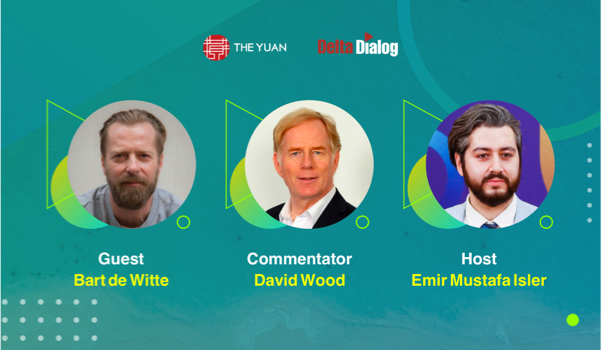
BERLIN -
Data Democracy
Data democracy is a paradigm shift that redistributes ownership and access to data, hence empowering individuals. Data is made available to a wider range of stakeholders under this revolutionary approach rather than being confined in the hands of a small number of businesses. Decentralization disrupts conventional power structures, allowing people, communities, and organizations to actively contribute to the creation of narratives based on data.
The inclusiveness concept is the foundation of data democracy. This strategy makes it possible for creative solutions to societal problems by making data accessible to a wide range of users, including researchers, developers, citizens, and policymakers. This widespread participation develops a rich ecosystem where insights from many viewpoints are drawn, leading to more thorough and efficient conclusions.
Data democracy is built on the principle of transparency. Individuals may examine, verify, and hold data-driven insights responsible if data sources, methodology, and algorithms are made publicly available. This openness protects against the prejudices, covert goals, and unethical behavior that could develop in closed systems. As a result, data democracy fosters trust in the validity and objectivity of data-driven judgments.
Data democracy contributes to a future in which the advantages of data-driven insights go beyond economic gains to societal well-being. It makes it possible for benefits to be distributed fairly, encourages informed decision-making, and cultivates a culture of cooperation and knowledge sharing. Data democracy opens the way for a more equitable and progressive digital environment by putting the power of data in the hands of many.
What’s in it for me? / Why should I care?
The idea of data democracy is important to ordinary individuals because it gives everyone in the digital age a voice. Data democracy encourages fairness, transparency, and collaboration by making sure that data isn't in the hands of a small group of people but rather is available to everyone. As a result, data-driven decisions are inclusive and reflective of various viewpoints, whether they are being used to make policy or progress technology. By embracing data democracy, people take an active role in influencing the digital landscape, which produces more accountable, moral, and equitable results that are advantageous to society as a whole.
Further Reading:- The Democratization of Medical AI
- Data handling is a key but often overlooked part of governance
- Daron Acemoglu talks cracks in democracy's economic base with The Yuan





 344 views
344 views







